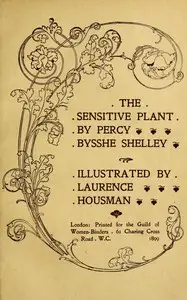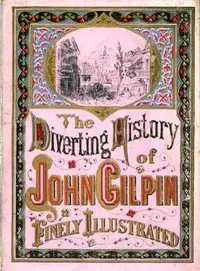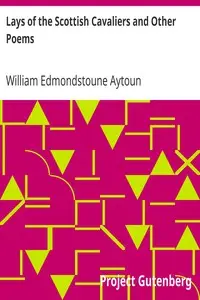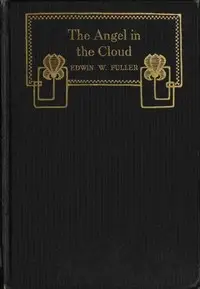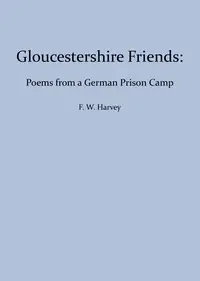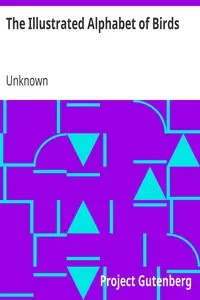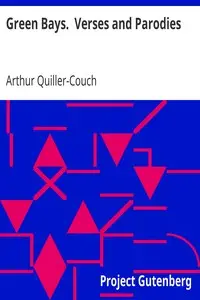"The Complete Poetical Works of Percy Bysshe Shelley — Complete" by Percy Bysshe Shelley is a large collection of poems, carefully put together by Thomas Hutchinson in the early 1900s. It has all of Shelley's poems and even pieces that were not finished, giving readers a good look at his skill with words and his ideas about things like nature, love, and fairness in society. Hutchinson's introduction talks about how he chose which poems to include and how he tried to stay true to Shelley's original writing while making it easier for people today to read. He points out that Shelley had a special way of writing that was full of imagination and strong feelings, and he highlights some of the famous poems in the book, inviting everyone to really understand and enjoy Shelley's important contribution to poetry.
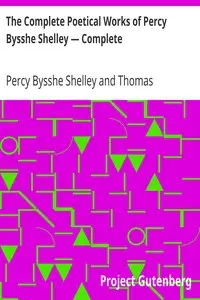
The Complete Poetical Works of Percy Bysshe Shelley — Complete
By Percy Bysshe Shelley
Dive into a world of passionate verses and visionary ideals, where love, nature, and justice intertwine in a symphony of poetic brilliance.
Summary
About the AuthorPercy Bysshe Shelley was an English writer who is considered one of the major English Romantic poets. A radical in his poetry as well as in his political and social views, Shelley did not achieve fame during his lifetime, but recognition of his achievements in poetry grew steadily following his death, and he became an important influence on subsequent generations of poets, including Robert Browning, Algernon Charles Swinburne, Thomas Hardy, and W. B. Yeats. American literary critic Harold Bloom describes him as "a superb craftsman, a lyric poet without rival, and surely one of the most advanced sceptical intellects ever to write a poem."
Percy Bysshe Shelley was an English writer who is considered one of the major English Romantic poets. A radical in his poetry as well as in his political and social views, Shelley did not achieve fame during his lifetime, but recognition of his achievements in poetry grew steadily following his death, and he became an important influence on subsequent generations of poets, including Robert Browning, Algernon Charles Swinburne, Thomas Hardy, and W. B. Yeats. American literary critic Harold Bloom describes him as "a superb craftsman, a lyric poet without rival, and surely one of the most advanced sceptical intellects ever to write a poem."

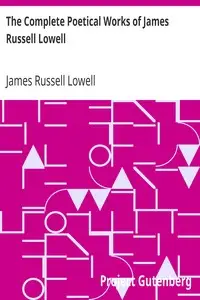
![The Prose Works of Percy Bysshe Shelley, Vol. 2 [of 2] by Percy Bysshe Shelley](https://cdn.a2-host.cloud/N5mkWLLMME8fsj53C1cwpEjUdDWU-6Y0rYa0VHN1zFM/rs:fill:215:325:0/g:ce/aHR0cHM6Ly9zcC1hc3NldHMuczMudXMtd2VzdC0wMDQuYmFja2JsYXplYjIuY29tL2Jvb2svNjc5MjYvVGhlX1Byb3NlX1dvcmtzX29mX1BlcmN5X0J5c3NoZV9TaGVsbGV5X1ZvbF8yX29mXzJfY292ZXIuanBn.webp)
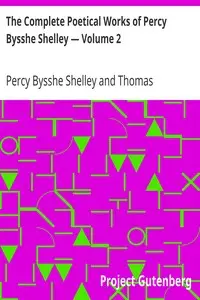
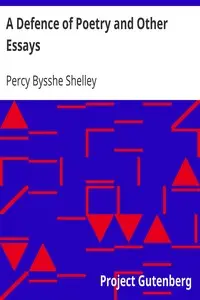
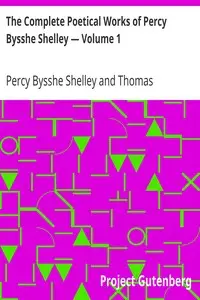
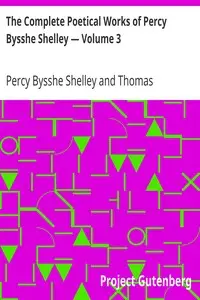
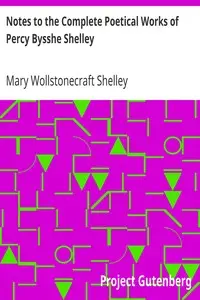
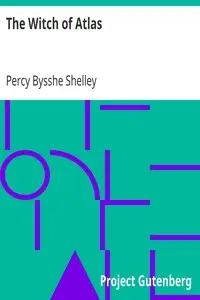
![The Prose Works of Percy Bysshe Shelley, Vol. 1 [of 2] by Percy Bysshe Shelley](https://cdn.a2-host.cloud/Mj1FeLags-X4KjNGmLV22-gllqKOcsvwDOz1w2-8-q0/rs:fill:215:325:0/g:ce/aHR0cHM6Ly9zcC1hc3NldHMuczMudXMtd2VzdC0wMDQuYmFja2JsYXplYjIuY29tL2Jvb2svNjc5MjUvVGhlX1Byb3NlX1dvcmtzX29mX1BlcmN5X0J5c3NoZV9TaGVsbGV5X1ZvbF8xX29mXzJfY292ZXIuanBn.webp)

